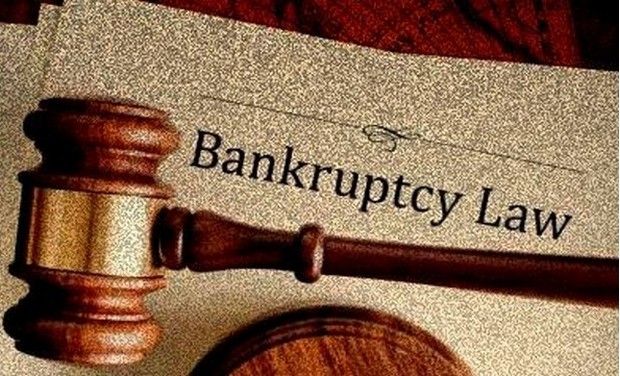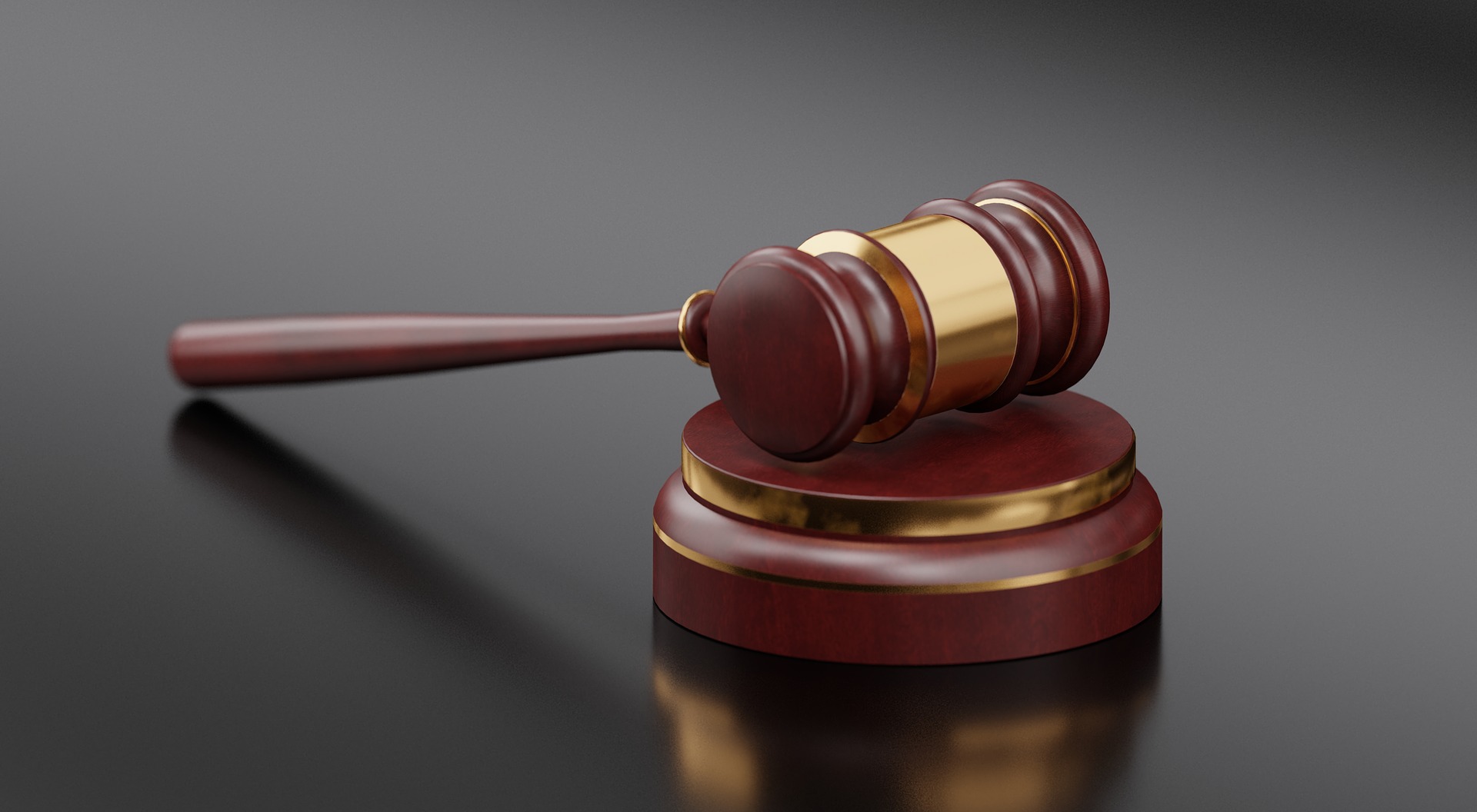KSL & Industries Ltd. vs. M/s. Arihant Trades Ltd. & Ors.

The verdict of Supreme Court in KSL Industries Ltd. Vs. M/s. Arihant Trade Ltd. & Ors., delivered on 27th October,2014, held that provisions of Sick Industrial Companies (Special Provisions) Act, 1985 (“SICA”) shall prevail over the provisions of Recovery of Debt Due to Banks & Financial Institutions Act, 1993 ( “RDDBFI”). The three-judge bench of the Supreme Court analyzed the scheme of both the acts in this case. It was held that the purpose of SICA is to revive a sick company by providing ameliorative and preventive measures because sickness of the company will result in loss of employment and loss of revenue.
By Ashish Kumar Gill
Landmark judgement of SC holding that the provisions of S.I.C.A. shall override the provisions of R.D.D.B.F.I.
The verdict of Supreme Court in KSL Industries Ltd. Vs. M/S Arihant Trade Ltd. & Ors.[1], delivered on 27 October,2014, held that the provisions of Sick Industrial Companies (Special Provisions) Act, 1985 (“SICA”) shall prevail over the provisions of Recovery of Debt Due to Banks & Financial Institutions Act, 1993 ( “RDDBFI”).
The Three Judge Bench of the Supreme Court analyzed the scheme of both the acts in this case. It was held that the purpose of SICA is to revive a sick company by providing ameliorative and preventive measures because sickness of the company will result in loss of employment and loss of revenue. It does not serve the purpose of the act when on one side, the Board for Industrial and Financial Reconstruction of India (“BIFR”) is making efforts to revive a company and on the other side, company’s assets are being auctioned under the debt recovery proceedings. Section 22 of the SICA clearly says that no winding up or other recovery proceedings shall be carried on against the sick company without the approval of the BIFR. As RDDBFI was enacted latter than the enactment of SICA, Section 22 of SICA does not expressly mention about RDDBFI. But the intention of parliament is clear that the status quo should be maintained and no proceedings that may hinder the revival of the company should be carried out. On the other side, the RDDBFI was enacted because there was a huge blockage of public money and the summery proceedings were required to bring out fast disposal of such cases of recovery. However, Section 34 of the RDDBFI clearly says that the provisions are in addition and not derogatory to the provisions of SICA. Therefore, the intention of the legislature is clear and defiantly not to override the powers of the officers of BIFR.
The facts of the case in nutshell were that Arihant Trade Limited failed to pay the debts due to IDBI Bank. The IDBI Bank approached Debt Recovery Tribunal (“DRT”), Chandigarh where the ex-parte order was passed in favor of IDBI Bank and the price of the properties of the companies were fixed at Rs. 12.50 crores. In the auction, KSL & Industries Limited became the highest bidders.
Arihant Trade Limited moved to DRT, Delhi to challenge the ex-parte order of DRT, Chandigarh. KSL objected this prayer of Arihant Trades Limited, DRT Delhi set aside the auction sale holding that the properties of the company were not valued properly. However, it ordered the payment of expenses, interest etc. by Arihant Trades Limited.
Subsequently, both the companies moved to Debt Recovery Appellate Tribunal (“DRAT”), Delhi. DRAT Delhi stayed the ex-parte order of DRT Chandigarh. Meanwhile, Arihant Trades Limited invoked the provisions of SICA by making the reference to BIFR. The DRAT Delhi confirmed the sale in favor of KSL Industries Limited.
However, before the sale formalities can be completed, Arihant Trade Limited filed two Writ Petitions in the Delhi High Court on the ground that debt recovery procedure cannot be carried out because of the ban in Section 22 of the SICA. Delhi High Court allowed the Writ and set aside the order of DRAT, Delhi. KSL Industries Limited Preferred an appeal in the Supreme Court where, Two Judge Bench had a difference of opinions. Therefore, the Honorable Chief Justice referred the matter to the Three Judge Bench.
The Three Judge Bench held that when the company is declared a sick company under SICA, the debt recovery procedure is barred under section 22 of the SICA which shall prevail over Section 34 of the RDDBFI. This judgment eliminates the clash between two special statutes. However, after this judgment there are the possibilities that the companies may invoke the SICA provisions to delay or escape the debt recovery proceedings.
[1] CIVIL APPEAL No. 5225 OF 2008




